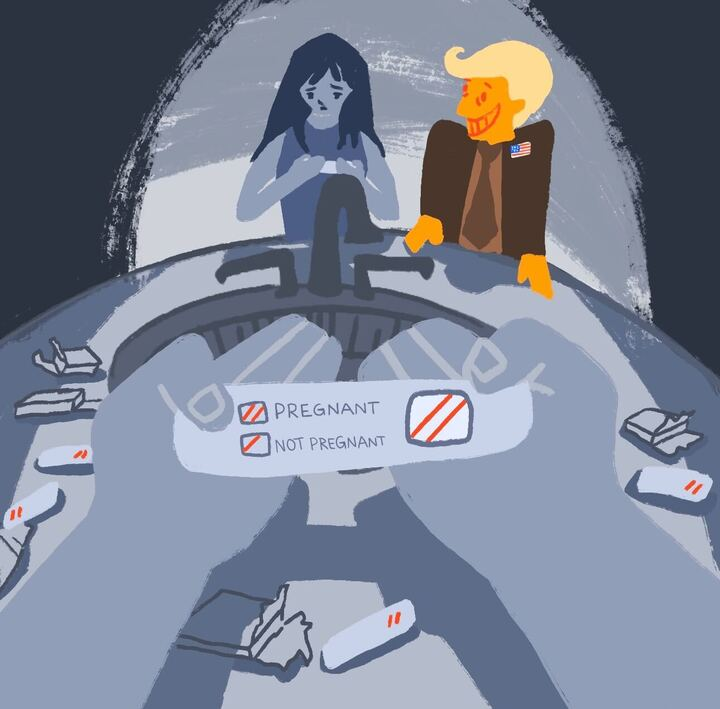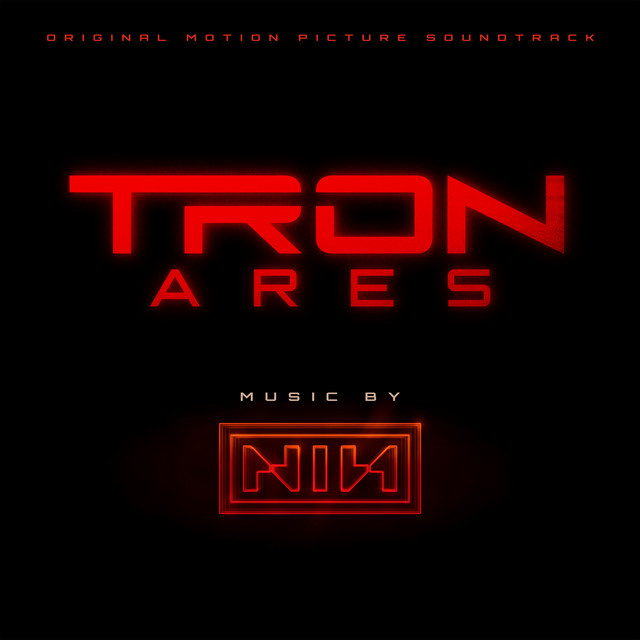Since President Donald Trump’s inauguration, his administration has taken the initiative to enact over 20 executive orders to undo changes made by the Biden administration. On his first day in office, the White House was restructured, eliminating many resources put in place by former President Joe Biden.
The government website, reproductiverights.gov, created by the Biden administration after the overturning of Roe v. Wade, was among the resources removed. An archived version of the website is available to view.
Roe v. Wade was a landmark decision by the Supreme Court that granted women the constitutional right to an abortion in all 50 states, with some limitations. It was in practice for 50 years before being overturned in 2022.
The new administration is working to change many previously established reproductive rights, and many women from states with restrictions on abortion are unable to access the care that they need.
Reproductiverights.org gave resources to women seeking coverage to obtain an abortion, birth control or preventative care, such as tests and screenings.
Websites such as planc.org and youalwayshaveoptions.com provide guides and resources on how to access abortion care if a state has anti-abortion laws.
More locally, California State University of Northridge (CSUN) has centers and resources dedicated to providing not only information about reproductive rights, emergency contraception, condoms and menstrual products.
Although the Women’s Research and Resource Center (WRRC) has been operating for over 50 years, Student Director Corron Popick says it is not being utilized due to a lack of information provided to students.
“It has a really strong history, but it’s not being used because no one knows about it,” said Popick. “So I was really passionate about getting the word out about this place existing and how much we do help our students.”
The WRRC offers menstrual products, such as discs, period underwear, pads and tampons, a food pantry and access to outside resources that may be useful to students.
“We very much cater to all genders equally, even though we are ‘women’ focused. We focus on menstrual equity as one of our really big things,” said Popick.
The WRRC also provides information on the differences between local pregnancy clinics and crisis pregnancy centers (CPCs), which are created with the intention of preventing abortions by delaying their services or misleading the people seeking them, according to the American Medical Association.
Several wellness vending machines are located in the Sol Center, the USU and student housing, which are also maintained by the WRRC and the Klotz Center. These machines sell products related to reproductive health, such as condoms, lube, emergency contraception and pregnancy tests.
Lactation rooms are also available on campus, providing breastfeeding mothers a safe, clean environment to pump privately.
According to Popick, the WRRC is among the many resources students may hear about during classes but do not receive enough information to access them effectively, which the center is looking to change.
Popick also expressed fear for the future, especially with January being the anniversary of Roe v. Wade.
“To use the word ‘scary’ is so incredibly underplaying the issue,” said Popick. “It’s really frightening for the future of the country and the people living here because if we can’t protect these rights that existed 50 years ago, how are we going to protect them now when we’re in a much more advanced society?”
Aside from the WRRC, CSUN has the Klotz Center, the student health center on campus. The Klotz Center provides a variety of reproductive health services, such as sexual health exams, medical abortions, HIV testing and pregnancy counseling, which are available at reduced or zero cost to enrolled students.
For more information, visit the CSUN webpage or connect on Instagram at @wrrc_csun and @csunstudenthealth.









